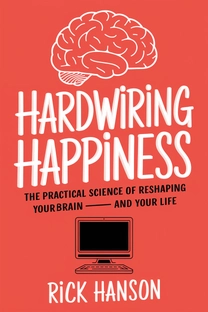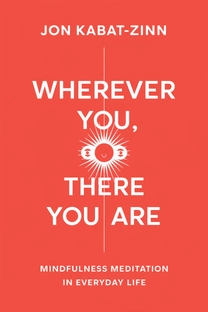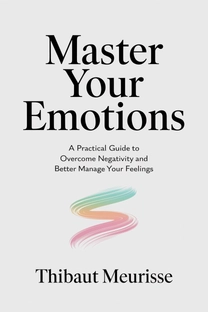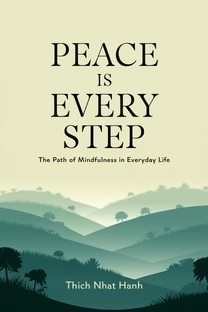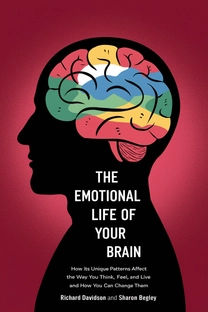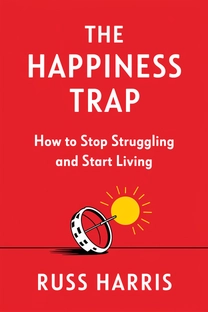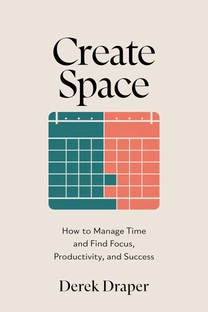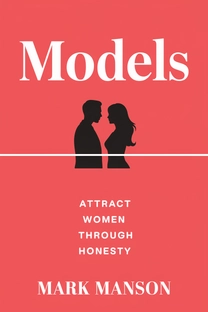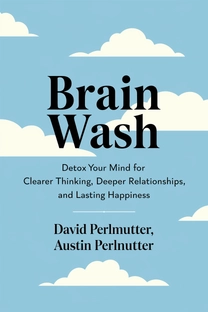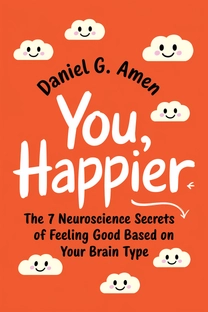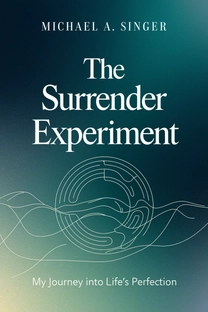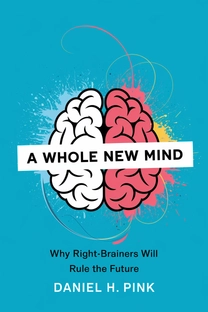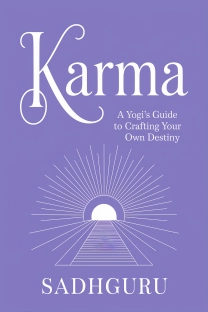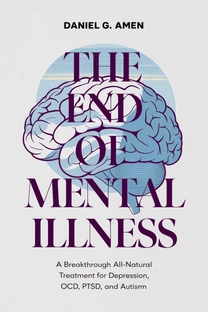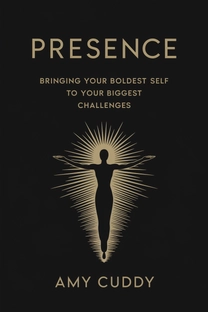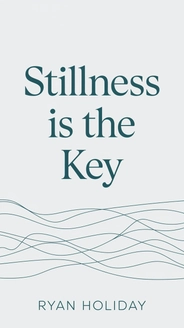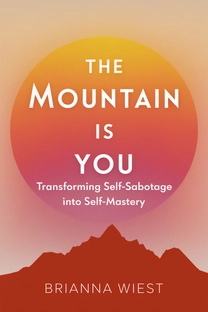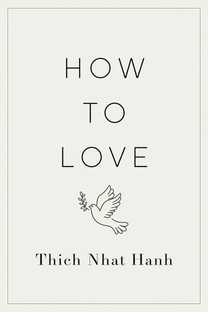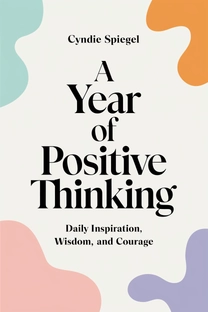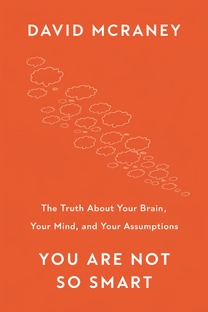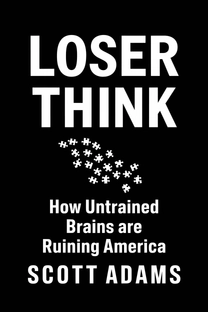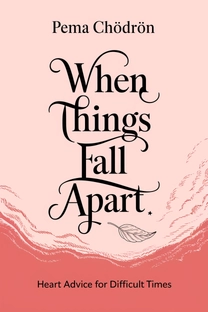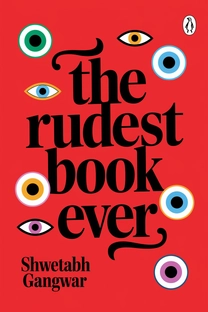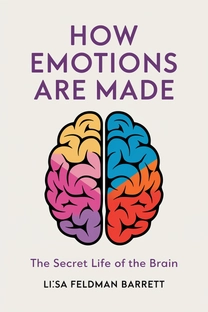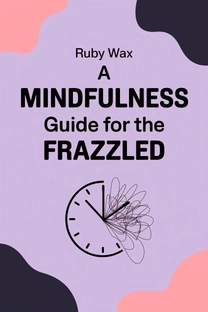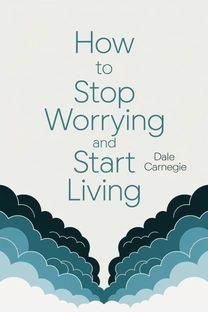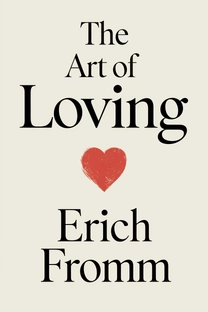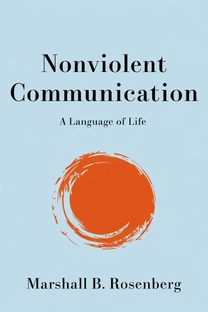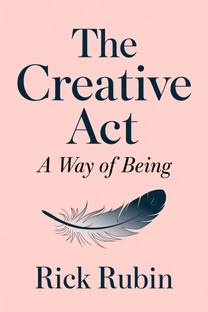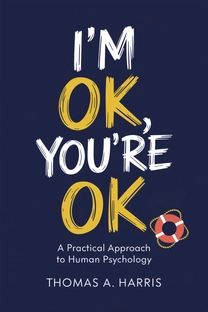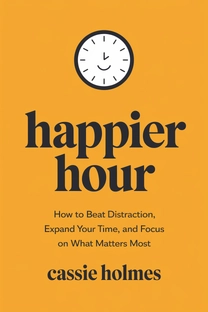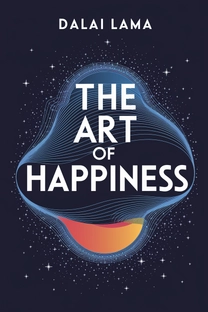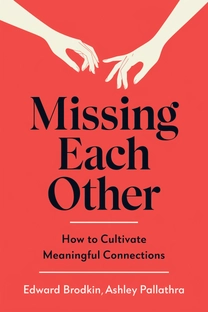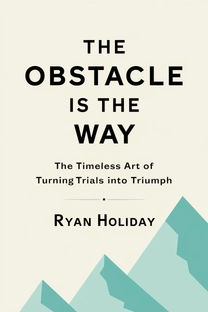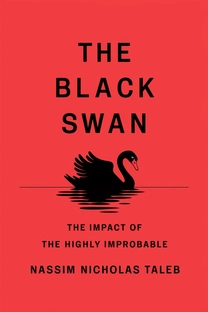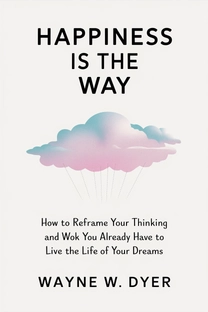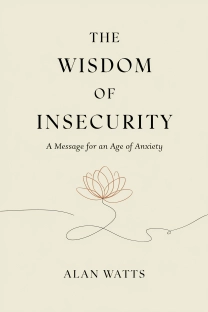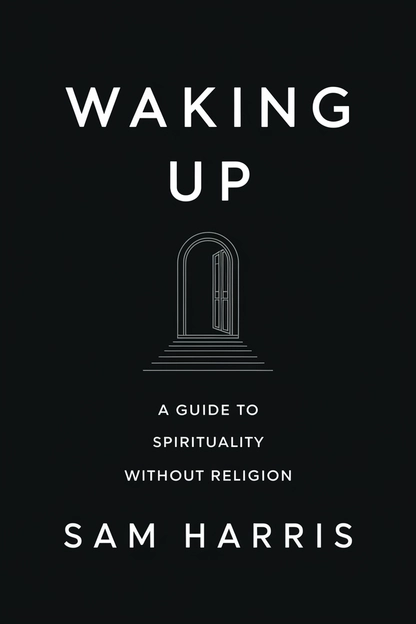
Waking Up
A Guide to Spirituality Without Religion
by Sam Harris
Brief overview
This book shows how genuine spiritual growth can unfold without adopting religious dogma. It examines why our usual sense of self might be an illusion, how mindfulness and meditation cut through mental chatter, and why such insights lead toward greater well-being. Readers will discover practical methods for exploring consciousness, calming the mind, and living more compassionately.
A Call To Exploration
Many of us wonder if there is a deeper way to live beyond just seeking pleasure and avoiding pain. Yet we are also wary of religious teachings that demand belief without proof. This section opens with that tension: can we tap into spiritual depth while staying rational and grounded in experience?
Here, we see that a spiritual journey need not rely on dogma. Instead, we can use direct observation of the mind—just as scientists do with the physical world. By taking our own experiences seriously, we begin to notice the patterns and habits that keep us feeling incomplete.
The book’s central promise is that it’s possible to transcend the usual stories we tell ourselves. We can learn not to be so enthralled by the constant voice in our heads. This exploration opens new possibilities for peace, clarity, and genuine insight.
Rather than merely accepting things on faith, we can conduct inner experiments. This is both humble and empowering: we test the teachings for ourselves, refine our mental skills, and discover truths that don’t hinge on unquestioned tradition.
Why The Self Feels Real
We all sense that we have a fixed ‘I’ behind our eyes, steering our thoughts and emotions. This notion seems obvious and unshakable—yet it may be built on flawed assumptions. By investigating the brain, we learn how different areas handle language, perception, and memory, none of which alone forms a permanent owner.
For instance, split-brain research reveals that our sense of self can be divided when the hemispheres lose their usual communication. Each half can form independent intentions and even harbor unique perspectives. This finding dissolves the certainty that one solid self sits at the center of every experience.
Rather than viewing consciousness as a single beam, we might picture multiple processes that come together in fleeting moments. If we rely on that fleeting sense of unity for our identity, we end up chasing a mirage. Recognizing these facts intellectually is the first step to seeing them truly at work in our own minds.
What is Waking Up about?
“Waking Up” by Sam Harris presents a fresh and practical take on spiritual growth beyond religious boundaries. It centers on the idea that our ordinary sense of self may be an illusion, and guides readers to explore this by examining their own thoughts and experiences. Harris blends scientific insights, mindfulness techniques, and philosophical reasoning to show how conscious awareness can offer a deeper sense of well-being.
By bridging modern neuroscience with age-old contemplative practices, this book demonstrates how meditation and open inquiry can calm mental chatter and foster compassion in daily life. Its core message is that anyone, regardless of religious background, can cultivate meaningful spiritual experiences. “Waking Up” ultimately offers a blueprint for self-transcendence built on curiosity, awareness, and scientific understanding.
Review of Waking Up
One of the book’s strengths is how it combines science and spirituality without resorting to dogma. Harris explains the brain’s role in creating our usual sense of “I,” then provides practical methods—like mindfulness—to help readers peel back those layers. This balance of theory and application ensures that individuals can immediately integrate new perspectives into their everyday routines.
The writing style is clear and direct, making complex topics accessible. It speaks to a broad audience, from those immersed in meditation to skeptics curious about the mind’s potential. By advocating for open-ended exploration, “Waking Up” underlines its relevance in a fast-paced world that hungers for calm and depth. If you’re looking for a credible, approachable guide to spirituality without relying on sacred traditions, this book is a worthwhile read.
Who should read Waking Up?
- Individuals curious about non-religious spiritual practices
- Meditation newcomers or experienced meditators seeking fresh perspectives
- Professionals interested in neuroscience and consciousness
- Readers aiming to reduce stress and improve daily well-being
About the author
Book summaries like Waking Up
Why readers love Mindleap
10-Minute Book Insights
Get the core ideas from the world's best books in just 10 minutes of reading or listening.
Curated For You
Discover your next favorite book with personalized recommendations based on your interests.
AI Book ExpertNew
Chat with our AI to help find the best book for you and your goals.
Reviews of MindLeap
Love how I can get the key ideas from books in just 15 minutes! Perfect for my busy schedule and helps me decide which books to read in full.
Alex R.
The summaries are incredibly well-written and the audio feature is perfect for my commute. Such a time-saver!
Jessica M.
Great app for personal growth. The insights are clear and actionable, and I love how they capture the essence of each book.
Chris P.
The app is beautifully designed and the summaries are top-notch. Definitely worth every penny!
Sarah K.


